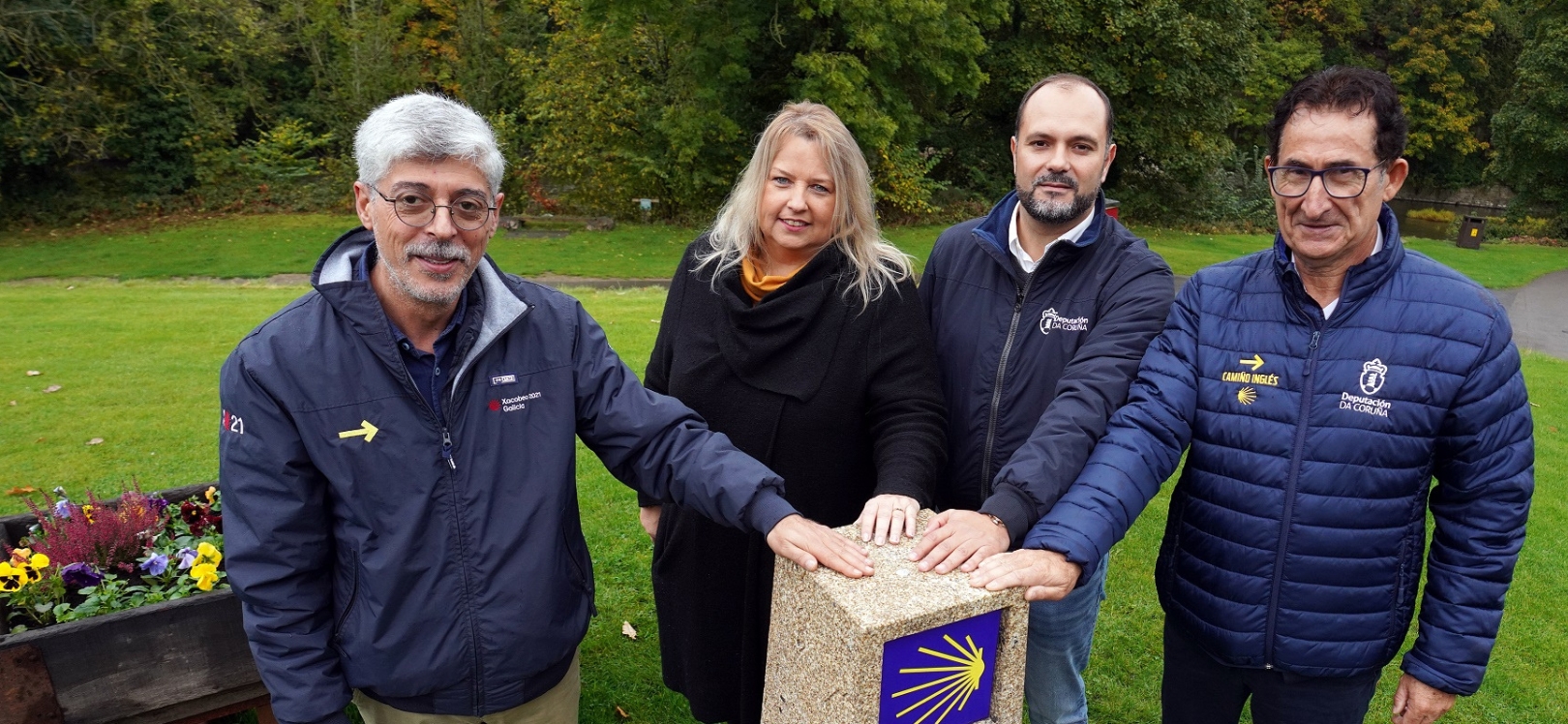Durham and Spain lead the way in walking route partnership
The partnership between Durham and north west Spain strengthened this week, as representatives from A Coruña Provincial Council visited the county.
The region-to-region partnership, which has been in place for several years, aims to promote the English Way, or Camino Ingles, pilgrimage route and the Northern Saints Trails.
Highlighting the connections between County Durham and the famous Camino pilgrimage routes, which lead to Santiago de Compostela in northern Spain, is helping to increase the economic benefits and tourism across A Coruña, County Durham and the wider north east region.
A Coruña is home to Camino de Santiago, one of the most recognised pilgrimage routes in Europe, which attracts more than 200,000 pilgrims every year.
The English Way or Camino Ingles, opened in 2019 and takes pilgrims from Finchale Priory to Durham Cathedral and onto Escomb Church, south of Bishop Auckland and beyond.
The Spanish delegation joined Durham County Council and Visit County Durham at the unveiling of the Camino way marker at Finchale Priory, which recognises the official start of the Camino Ingles walk in England.
During the visit, both councils renewed their commitment to working together to further develop tourism opportunities between County Durham and A Coruña, with Visit County Durham set to work closely with their European colleagues.
Cllr Amanda Hopgood, Leader of Durham County Council, said: “It’s fantastic to welcome representatives from A Coruña to County Durham and showcase our beautiful landscapes and attractions as well as our shared cultural heritage.
“Durham has been a place of pilgrimage for centuries and our shared work will help to preserve and promote this route for centuries to come.
“This collaboration will also build on our successful Northern Saints Trails to help strengthen our position as a destination to make a pilgrimage to. These serve as a great introduction to what the region has to offer visitors on their own modern-day pilgrimage and cement our reputation as the culture county.”

